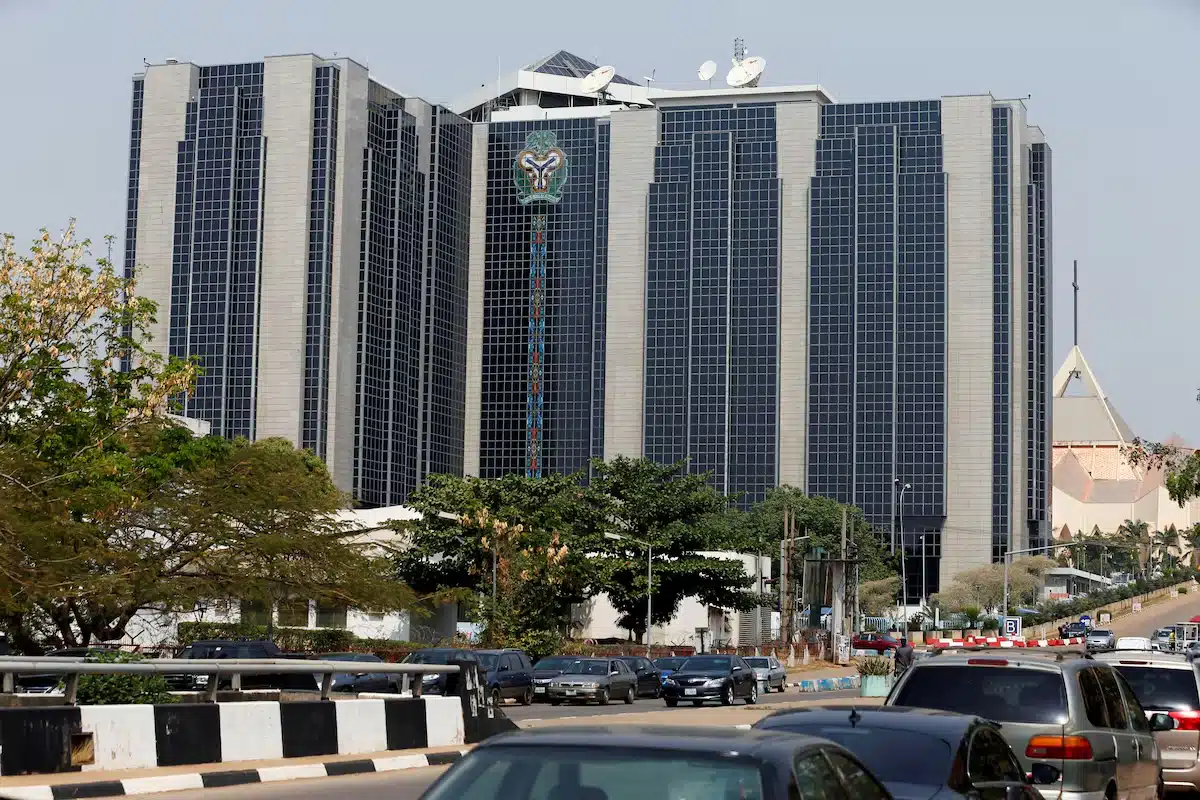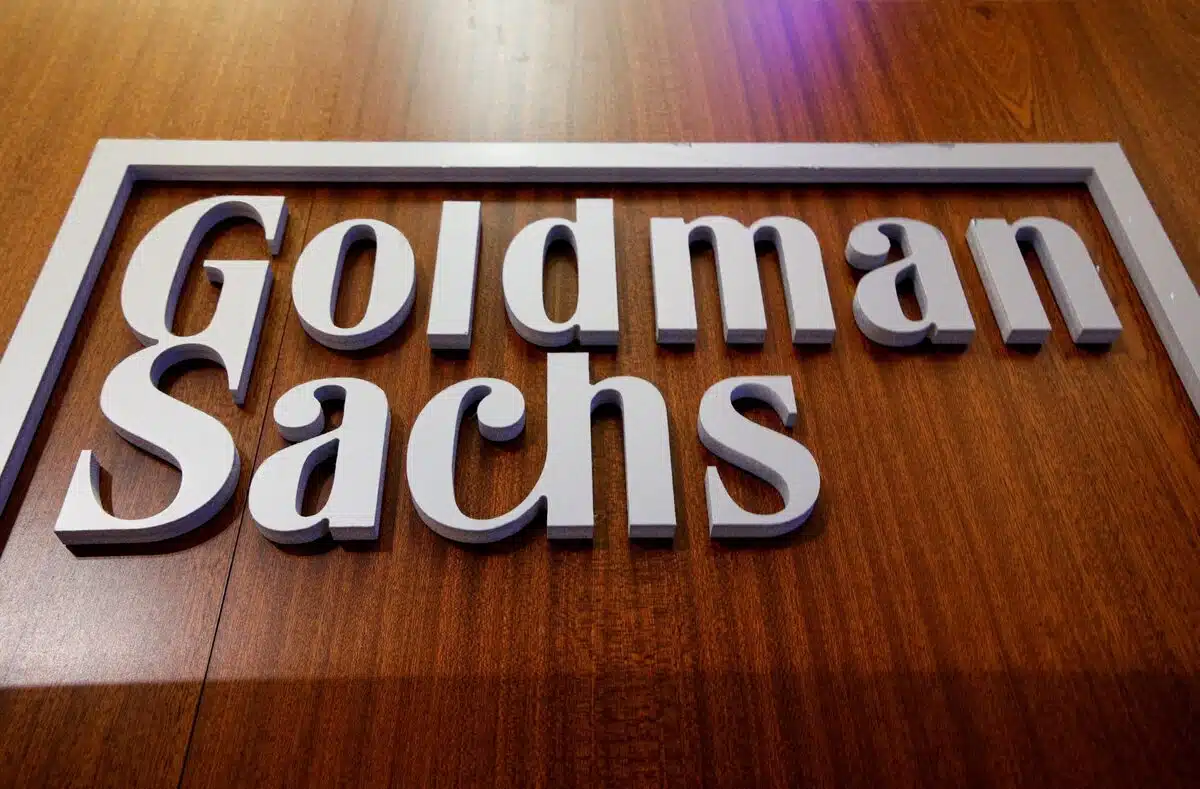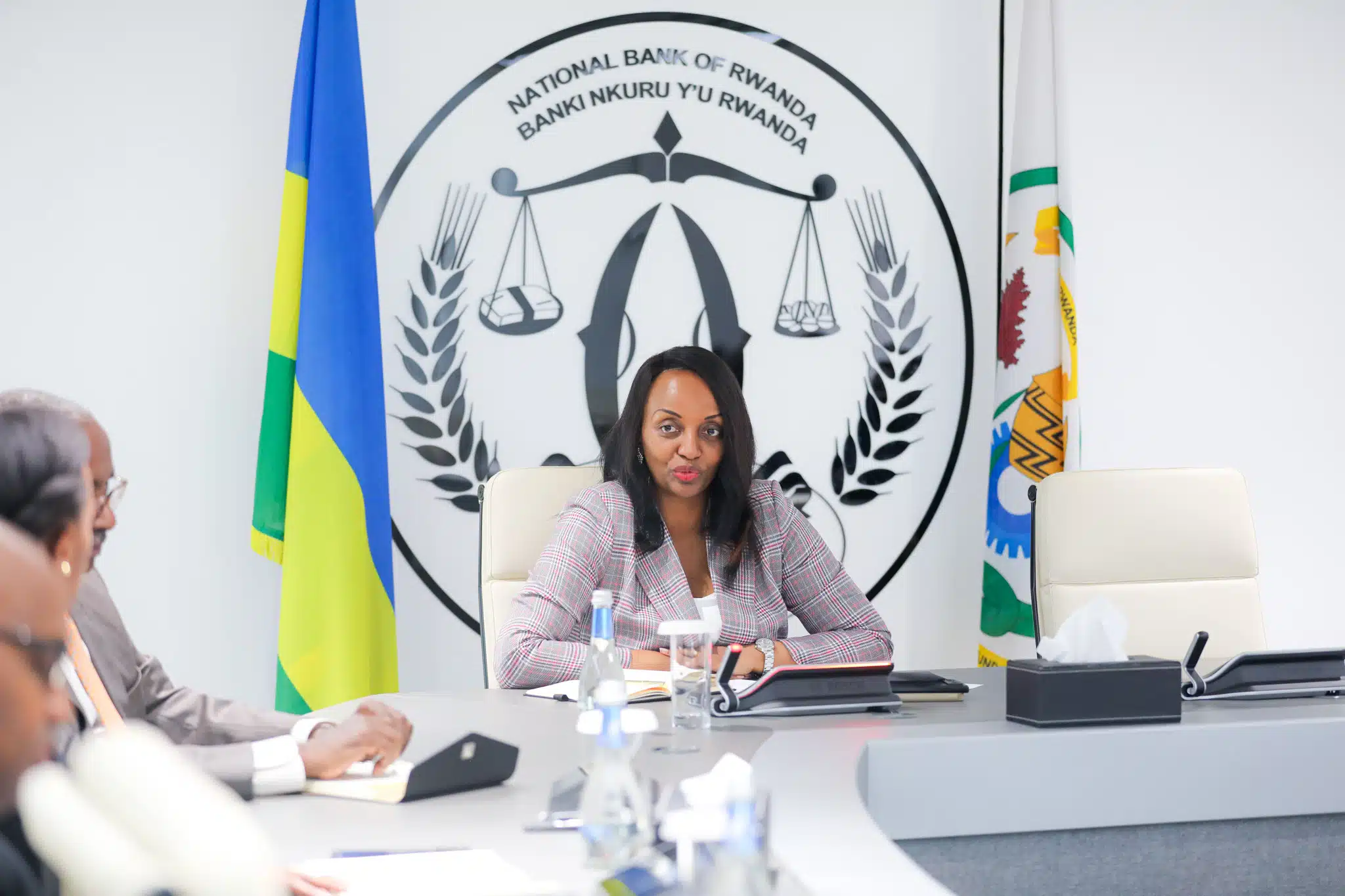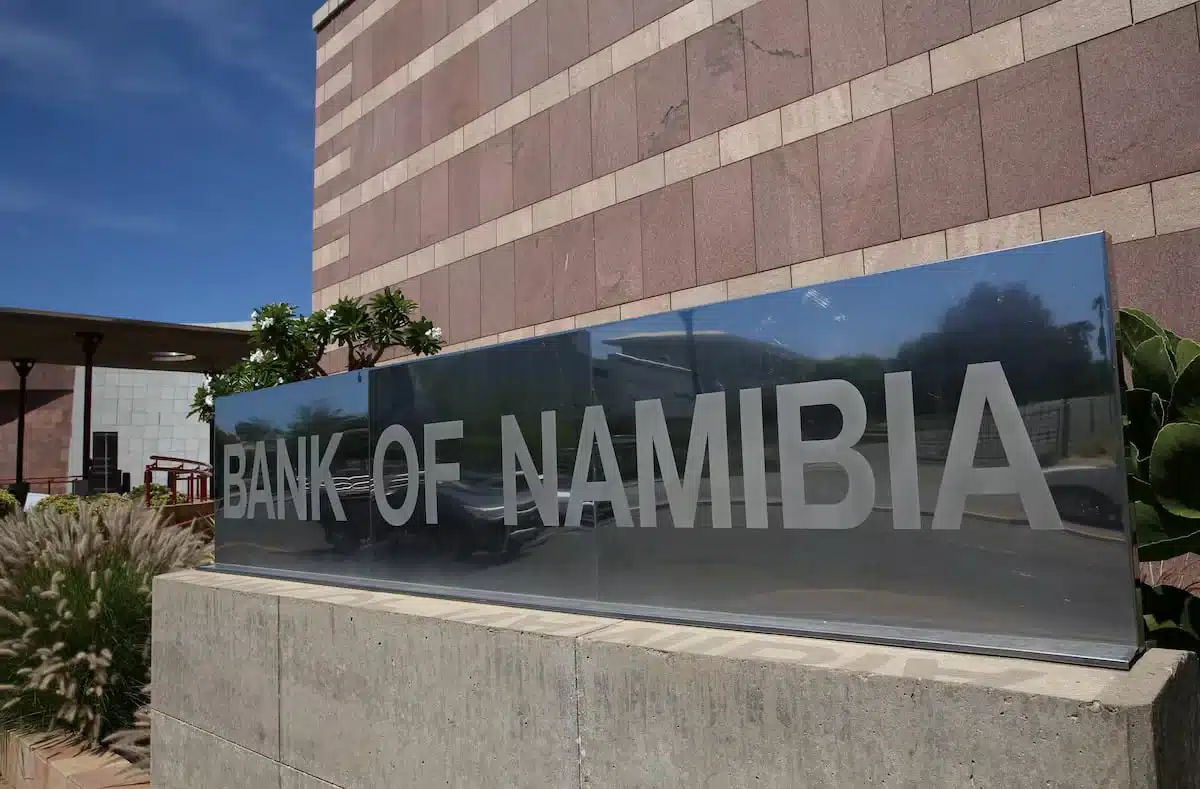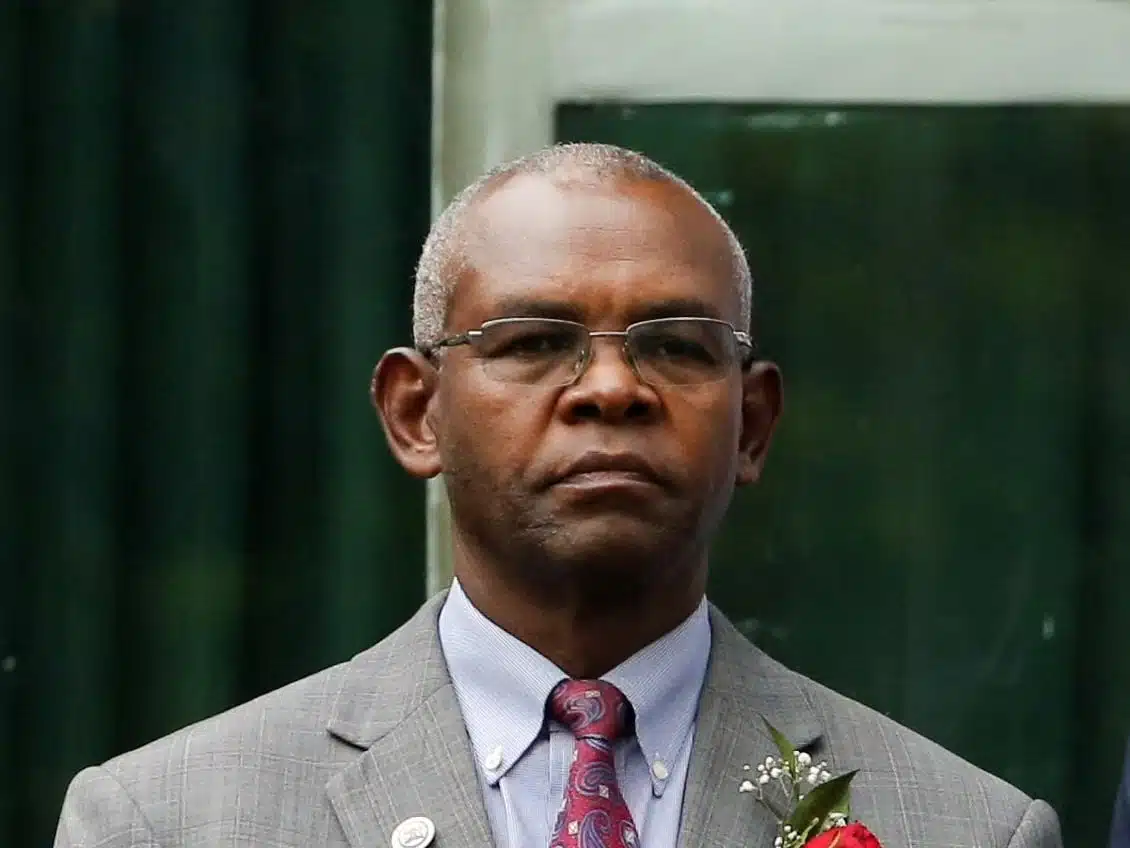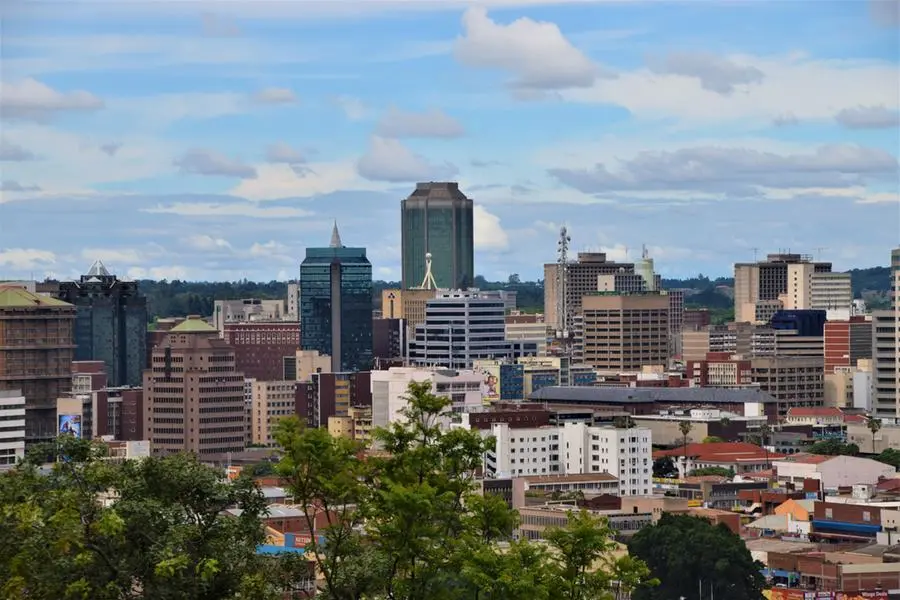The Central Bank of Nigeria (CBN) has delivered its first interest rate cut since September 2020, lowering the benchmark rate by 50 basis points to 27% at its 302nd Monetary Policy Committee meeting on Tuesday.
The unanimous move marks a turn from one of the most aggressive tightening cycles in the bank’s history and broadly aligned with market expectations.
The CBN Governor Olayemi Cardoso, announcing the decision in Abuja, said it reflected “the sustained disinflation recorded in the past five months, projections of declining inflation for the rest of 2025 and the need to support economic recovery efforts.”
Alongside the rate cut, the apex bank adjusted key monetary instruments. The cash reserve ratio (CRR) for commercial banks was lowered to 45% from 50% — until now the highest in the world — creating modest room for lenders to expand credit.
However, merchant banks retained their 16% requirement, while government deposits held outside the Treasury Single Account will now attract a punitive 75% CRR to tighten fiscal liquidity.
In addition, the standing facility corridor, which guides overnight borrowing, was shifted to -250 basis points from +250 to improve interbank operations and strengthen policy transmission. The liquify rate was left at 30%.
Inflation cools, reserves strengthen
The easing cycle comes on the back of moderating inflation and stronger external buffers.
Data from the National Bureau of Statistics show consumer prices eased in seven of the first eight months of 2025, despite a brief uptick in March. In August, inflation slowed at the fastest pace in five months to 20.1%, helped by cooling food prices.
The CBN credited the deceleration to tighter monetary conditions, exchange rate stability, stronger capital inflows and higher oil output. Cardoso added that inflation is expected to decline further in the coming months as the harvest season begins.
Foreign reserves climbed to $43.1 billion as of September 11 from $40.5 billion in June, providing almost nine months of import cover. The current account surplus also widened to $5.28 billion in the second quarter, compared with $2.85 billion in the first.
This improvement has fueled a rally in the naira, which traded at around ₦1,487/$1 on September 22 — its strongest level in almost eight months — recovering from a high of ₦1,541/$1 at the start of the month.
Private sector welcomes move
Stakeholders have hailed the CBN’s decision as timely. The Centre for the Promotion of Private Enterprise described it as “a strategic and well-timed policy shift” that could expand credit, attract investment and create jobs if maintained.
But the think tank also urged fiscal authorities to complement monetary easing with reforms in infrastructure delivery, regulatory stability and security.
Before the MPR cut, the Manufacturers Association of Nigeria (MAN), representing more than 2,500 companies, had called for a rate reduction, saying that the tight monetary stance had pushed average lending rates above 35% as of January 2025, crippling firms’ borrowing capacity.
MAN added that the surge had driven up production costs, weakened capacity utilisation and left manufacturers with mounting inventories of unsold goods.
Decision mirrors Ghana
Nigeria’s move comes days after Ghana lowered its own policy rate by 350 basis points to 21.5%, the steepest reduction since 2022, as disinflation gathered pace.
Analysts say both economies are entering a new phase of policy normalisation, though its durability will depend on how quickly price pressures recede.
With Nigeria’s next and last MPC meeting for the year scheduled for November 24 to 25, investors are watching closely for signs of further easing as inflation continues its downward path.

